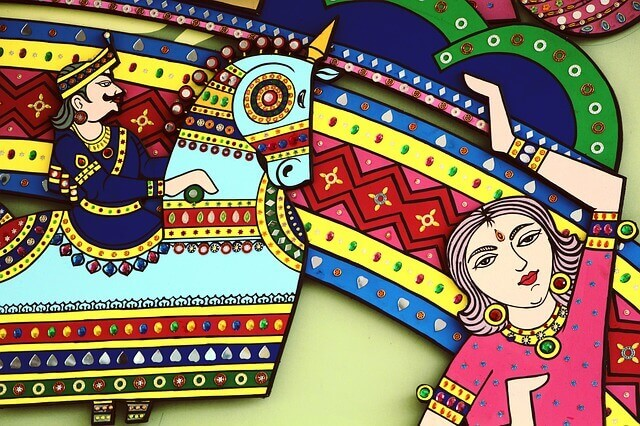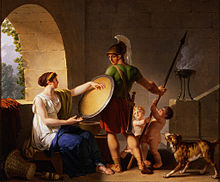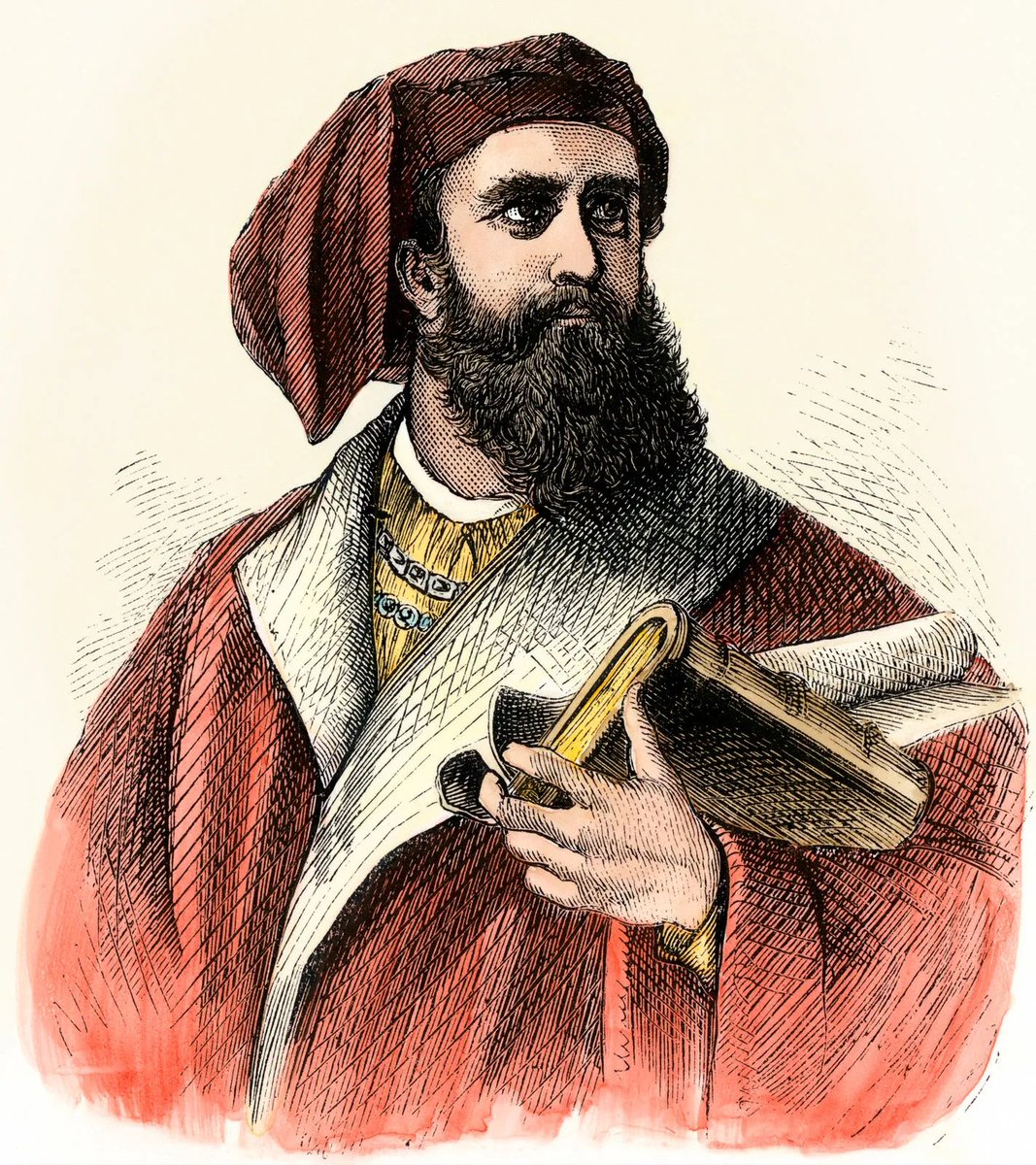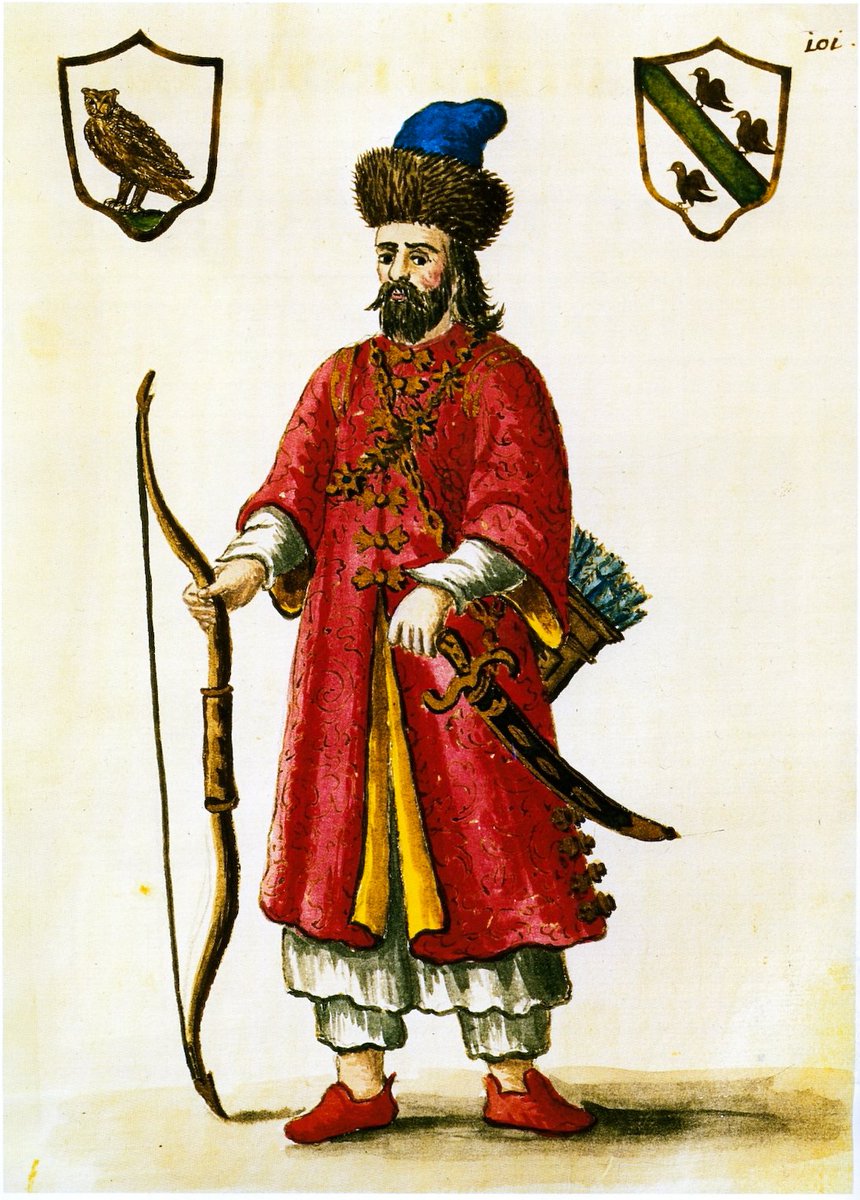The caste is a 3000-year-old system that divides the Hindu religion into 5 parts. The Brahmins who are priests, Kshatriyas who are warriors, Vysyas who are traders and Sudras who are unskilled workers and the Dalits or untouchables who work as slaves. 1/4
The caste one who is born to will determine his/her identity. When the caste was invented, people used to wear different color turbans according to your caste. 2/4
However, the caste changes upper caste people's minds. They begin bullying the lower caste and teach their children the same thing. Once I watched a man on Youtube saying proudly that he will not touch the hand of a lower caste. I was surprised. 3/4
Probably in the future people will become more broadminded and then caste would become a more fuzzy thing as explained by @ShashiTharoor . I am looking forward to that day when all people are one 4/4
• • •
Missing some Tweet in this thread? You can try to
force a refresh




























